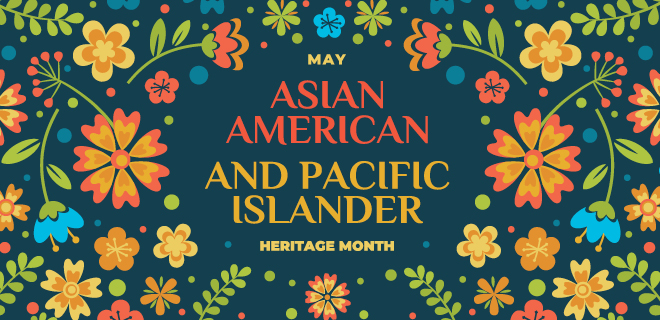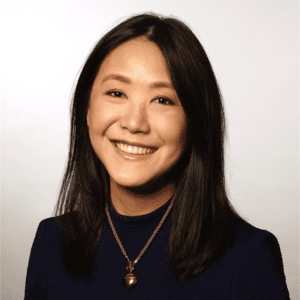
Michelle Kim attributes her Asian American background to an extraordinary influence on her professional trajectory, rendering a significantly positive impact on her career. Presently holding the esteemed position of VP of Programmatic Strategy and Analytics at NBCUniversal, her rich heritage has given her the invaluable ability to adapt effortlessly in any given situation.
Michelle Kim emphasizes that she has often encountered preconceived notions about her leadership style. Overcoming these barriers has necessitated her adoption of diverse approaches tailored to different individuals. As her career advanced, this experience nurtured her innate capacity for empathy and collaboration, enabling her to cultivate a more harmonious and cooperative work environment.
We’ve all come face to face with not realizing our greatness, and Kim is living proof that there is nothing but positivity on the other side of those thoughts. By stepping out of her cultural comfort zone and into a management role, she realized she needed to be vocal and celebrate her accomplishments to better serve herself and her team of direct reports.
According to Kim, being a leader means ensuring every team member understands the value of their work and that they’re truly making a difference. Learn more about Michelle and her leadership journey in the Q&A below.
Yakira Young: How have your experiences as an Asian American impacted your career, both positively and negatively?
Michelle Kim: I used to find it challenging to vocalize my accomplishments because I grew up believing that success and recognition came from putting your head down and working hard. I was expected to tackle every situation humbly, and praise and reward were not a given.
I’m not saying to start going on a roadshow with every single accomplishment, as there is always a time and a place. But I’ve learned that it’s important to stand by your work and not assume that someone is championing your wins for you. I recognized that taking pride in a job well done isn’t boasting and needed to exercise this muscle.
On the flip side, being Asian American has had an immensely positive impact on my career. It has helped me become adaptable. There has often been a preconceived notion of my leadership style. Breaking those barriers sometimes requires different approaches with different people. It’s helped me become more empathetic and collaborative as my career progressed.
YY: What advice would you give to Asian American individuals pursuing a career in programmatic and analytics?
MK: It’s never too late to get into programmatic. It’s a constantly evolving, fast-paced industry, and there’s definitely a learning curve. But what I love most about it is that you’re always learning, and there’s a genuine collaborative spirit with your peers across the industry to find solutions to major challenges in real time together.
The world of data, CTV, and programmatic is always changing and growing, and it truly is an exciting space to be in. This environment sometimes comes with situations where making an important business decision is accompanied by a lack of precedence. Leveraging analytics and business intelligence to make the best data-driven decision truly puts you at an advantage.
YY: How do you balance your identity as an Asian American with your role as a Vice President in a predominantly non-AAPI industry?
MK: Balance is the operative word here. Good leadership isn’t being aggressive and pushy. It’s about shifting that paradigm and fighting the narrative that I am just a hard worker lacking confidence or ambition. That stereotype is not who we are; that leadership model is not who we must strive to be.
YY: How have you seen the AAPI community evolve and grow in the ad tech industry throughout your career?
MK: When I joined the ad tech industry eight years ago, I struggled to find Asian representation amongst my peers, let alone in leadership positions. As time passed, I saw a noticeable growth in numbers and a concerted effort to make networking easier and more organized in the Asian American community.
I’m also grateful to my non-Asian peers and mentors for the introductions they’ve made. The willingness to help make that connection is greatly appreciated because they recognize the value of connecting people who will benefit from it and can relate in more ways than just work.
YY: What are some of the proudest moments of your career, and how have they shaped your perspective on being an AAPI leader?
MK: It sounds cliché, but my proudest moments are when I can be a sounding board to other Asian Americans in the workplace and be someone they can relate to. The obstacles won’t always mirror each other, but I hope that bringing a level of empathy and listening to anyone who is having a challenging time in the workplace as an Asian American is helpful. I was lucky enough to have incredible mentors and peers to talk through situations with, and seeing the community’s growth is encouraging.